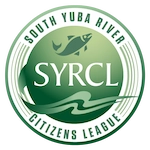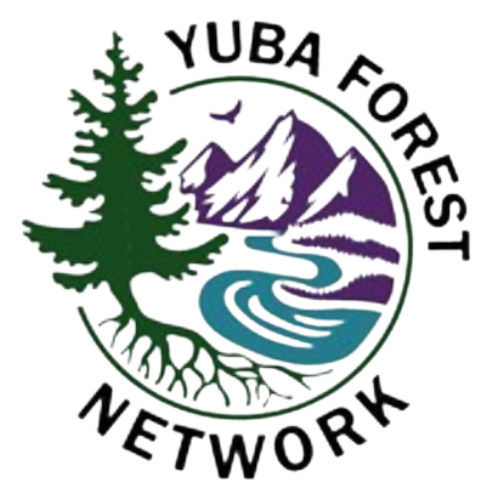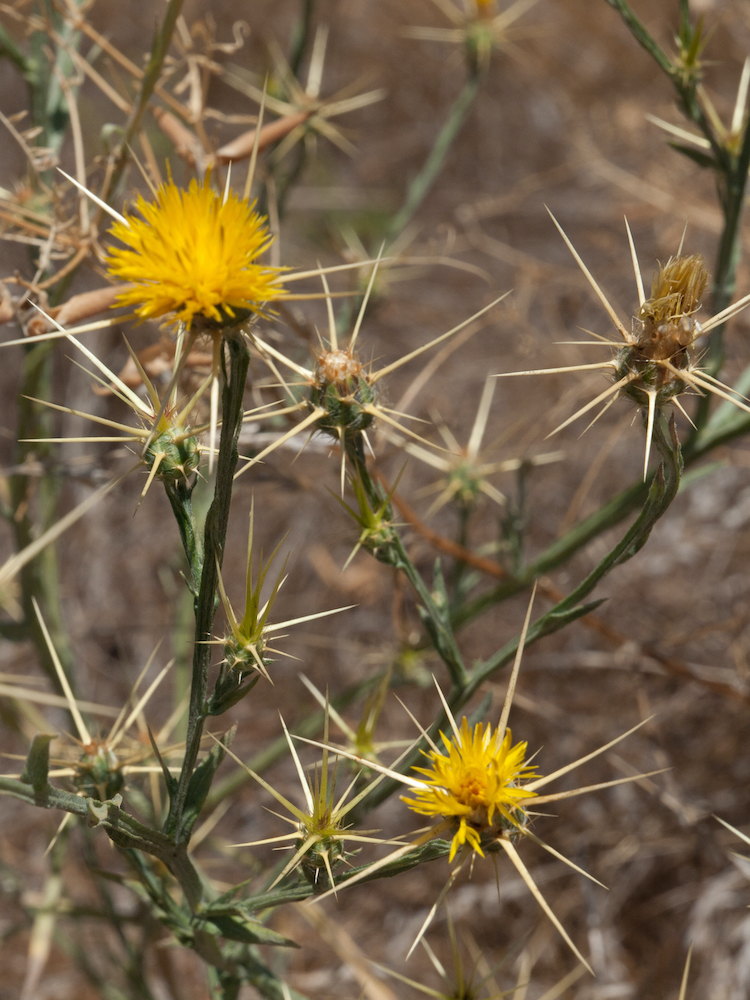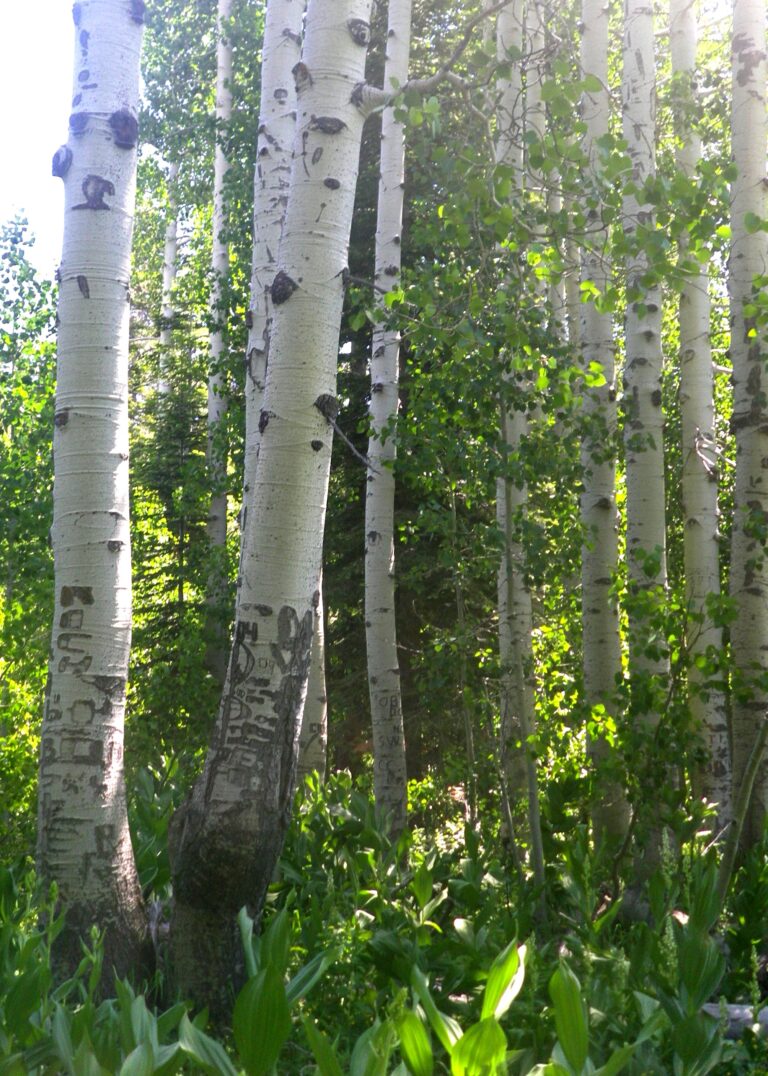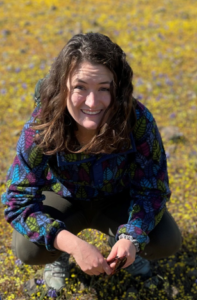In order to efficiently support and develop current and future cross-boundary forest health projects, the Yuba Forest Network acts as a central networking hub to connect resources and practitioners across the watershed. To accelerate the pace and scale of forest health projects across the region, the Yuba Forest Network addresses the need for increased collaboration by connecting stakeholders, projects, and resources.
The North Yuba Forest Partnership is a diverse group of nine organizations passionate about forest health and the resilience of the North Yuba River watershed. Together, the partners are working on an unprecedented scale to collaboratively plan, analyze, finance, and implement forest restoration across 275,000 acres of the watershed. Through ecologically-based thinning and prescribed fire, the partnership seeks to protect North Yuba communities from the threat of catastrophic wildfire and restore the watershed to a healthier, more resilient state.
